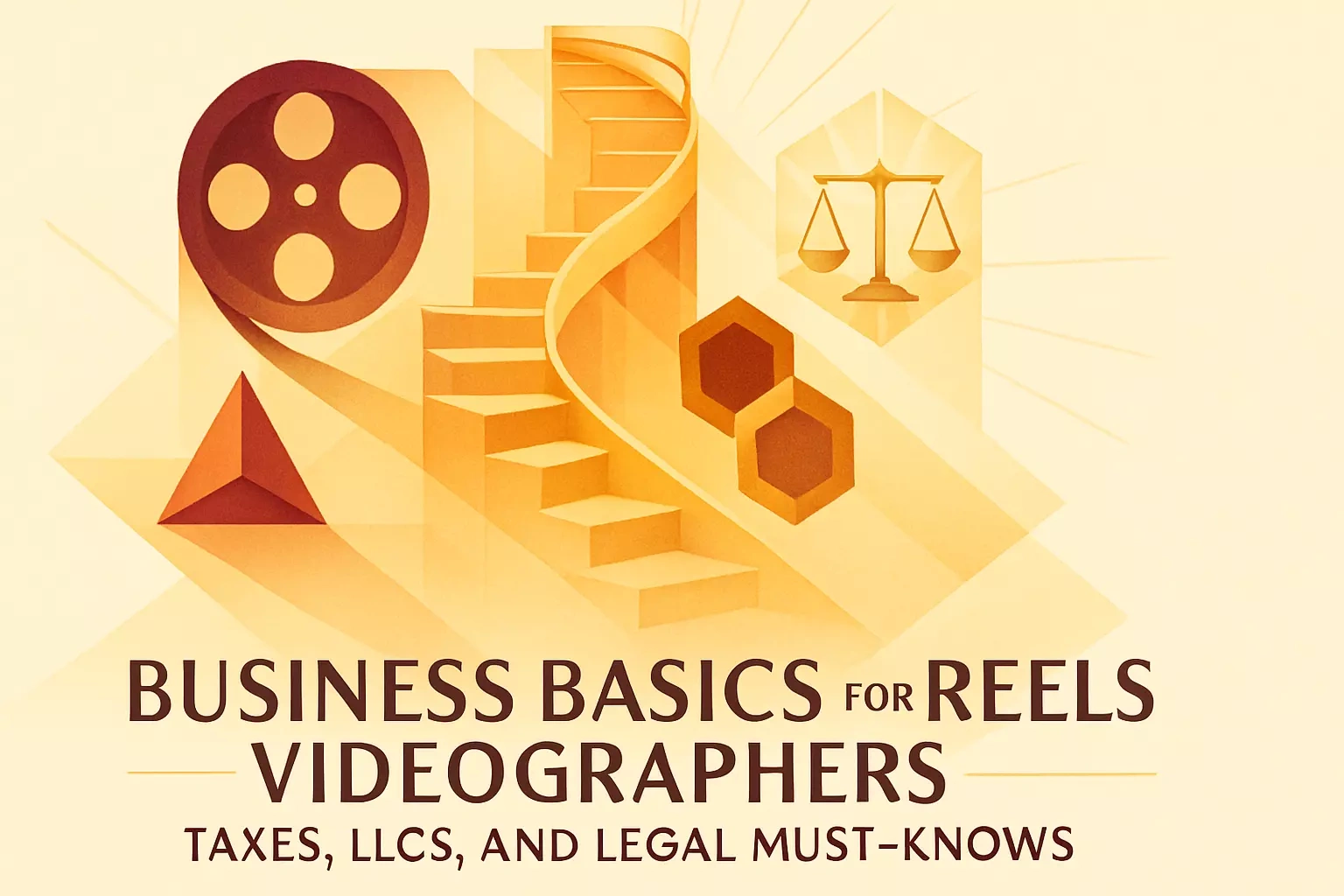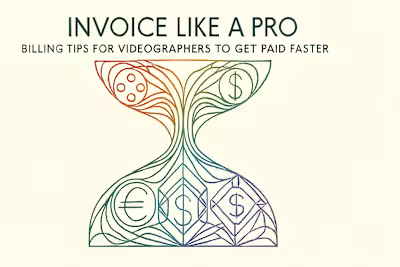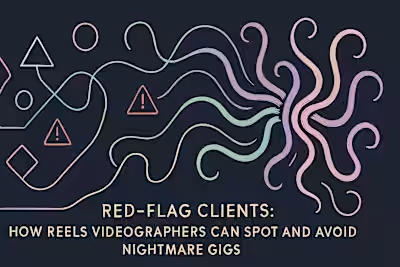Business Basics for Reels Videographers: Taxes, LLCs, and Legal Must-Knows

Business Basics for Reels Videographers: Taxes, LLCs, and Legal Must-Knows
Choosing the Right Business Structure
Sole Proprietorship: The Default and Simplest Option
Limited Liability Company (LLC): Protecting Your Personal Assets
S Corporation: A Potential Tax Advantage
Navigating Freelance Taxes
Understanding Self-Employment Tax
Quarterly Estimated Taxes
Essential Tax Deductions for Videographers
Important Tax Forms (W-9, 1099-NEC, Schedule C)
Essential Financial Management for Creators
Open a Separate Business Bank Account
Track Your Income and Expenses Diligently
Setting Aside Money for Taxes
When to Seek Professional Help
Consulting a Lawyer
Working with a CPA or Accountant
Conclusion
References
Business Basics for Reels Videographers: Taxes, LLCs, and Legal Must-Knows
Choosing the Right Business Structure
Sole Proprietorship: The Default and Simplest Option
Limited Liability Company (LLC): Protecting Your Personal Assets
S Corporation: A Potential Tax Advantage
Navigating Freelance Taxes
Understanding Self-Employment Tax
Quarterly Estimated Taxes
Essential Tax Deductions for Videographers
Important Tax Forms (W-9, 1099-NEC, Schedule C)
Essential Financial Management for Creators
Open a Separate Business Bank Account
Track Your Income and Expenses Diligently
Setting Aside Money for Taxes
When to Seek Professional Help
Consulting a Lawyer
Working with a CPA or Accountant
Conclusion
References
Posted Jun 30, 2025
Turn your creative passion into a sustainable business. This guide covers the essentials for Reels videographers, from choosing a business structure to managing taxes.










